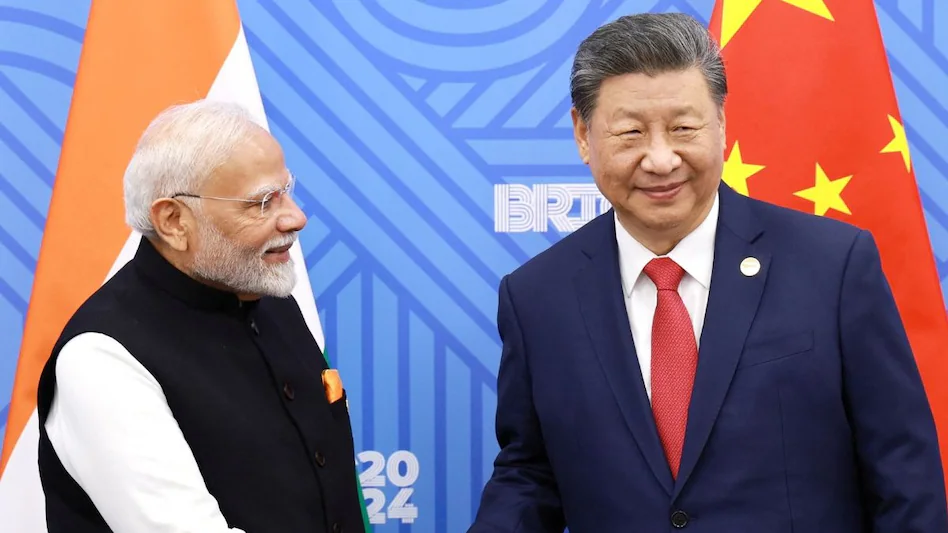Amid shifting global trade dynamics, several Chinese companies are reportedly becoming more willing to align with India’s investment conditions to secure a foothold in the Indian market. Companies like Shanghai Highly Group and Haier have shown openness to terms they had previously resisted.
According to The Economic Times, these Chinese firms are now agreeing to conditions such as holding only a minority stake in joint ventures, a shift that reflects strategic recalibrations. Sources cited in the report suggest that with the United States market tightening for China, these companies are looking to strengthen their presence in India.
This development is particularly noteworthy given India’s post-2020 caution towards Chinese investments, following border tensions. However, the Indian government appears open to Chinese collaborations under certain frameworks — including minority ownership, Indian-majority boards, and ventures that bring value addition or technological advancements to local manufacturing.
Haier, a well-established electronics brand in India, has reportedly agreed to offload a majority stake in its Indian operations, and is in talks with Indian firms and private equity players to divest up to 51-55%.
Similarly, Shanghai Highly Group is said to be exploring technical alliances, including the transfer of production lines and technology, signaling a move toward deeper integration with Indian industry.
Trump Tariffs and US-China Trade Tensions
In a parallel development, the United States has slapped steep tariffs — up to 245% — on Chinese imports, escalating its trade confrontation with Beijing. This move follows China’s directive for its airlines to halt deliveries of Boeing aircraft, after the US imposed a 145% tariff on certain Chinese goods.
The White House framed this as part of President Trump’s “America First Trade Policy“, accusing China of unfair trade practices, including restricting access to critical materials like gallium, germanium, and antimony, essential for defense, aerospace, and semiconductor sectors.
Moreover, China has suspended exports of six heavy rare earth metals and rare earth magnets, further straining global supply chains. Washington claims these measures are targeted at limiting the US’s technological and military capabilities, with Beijing reportedly instructing Chinese carriers to avoid purchasing US aerospace components altogether.











